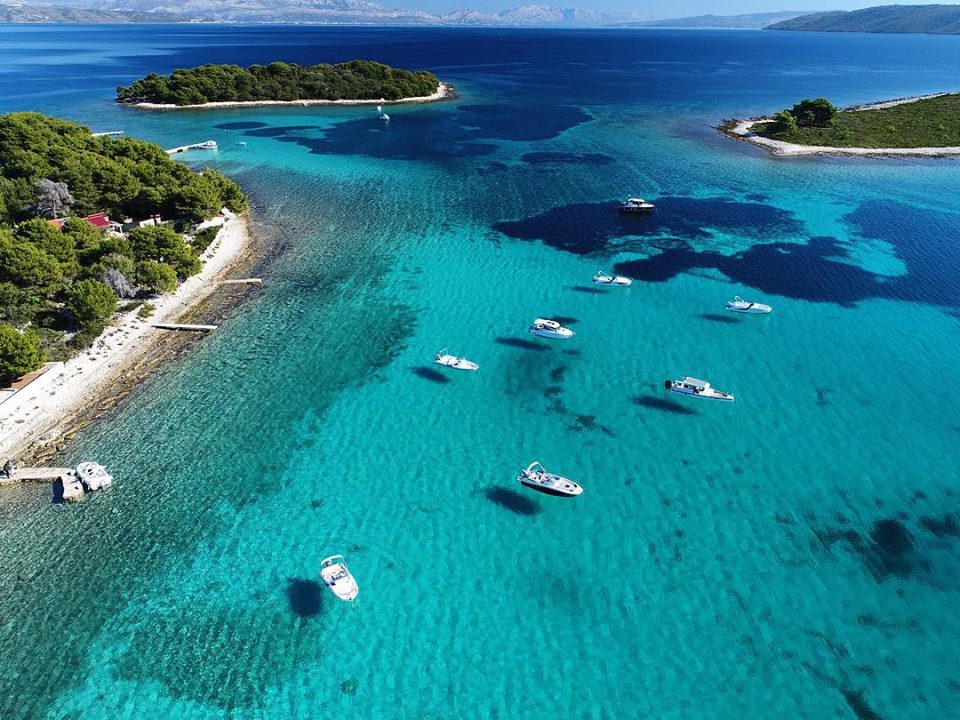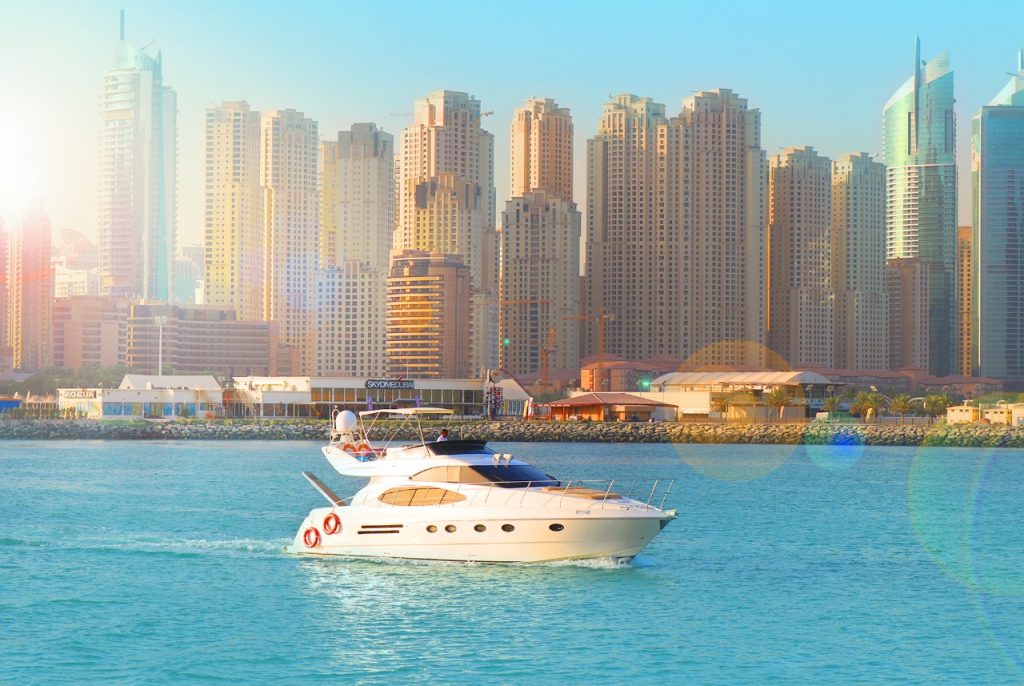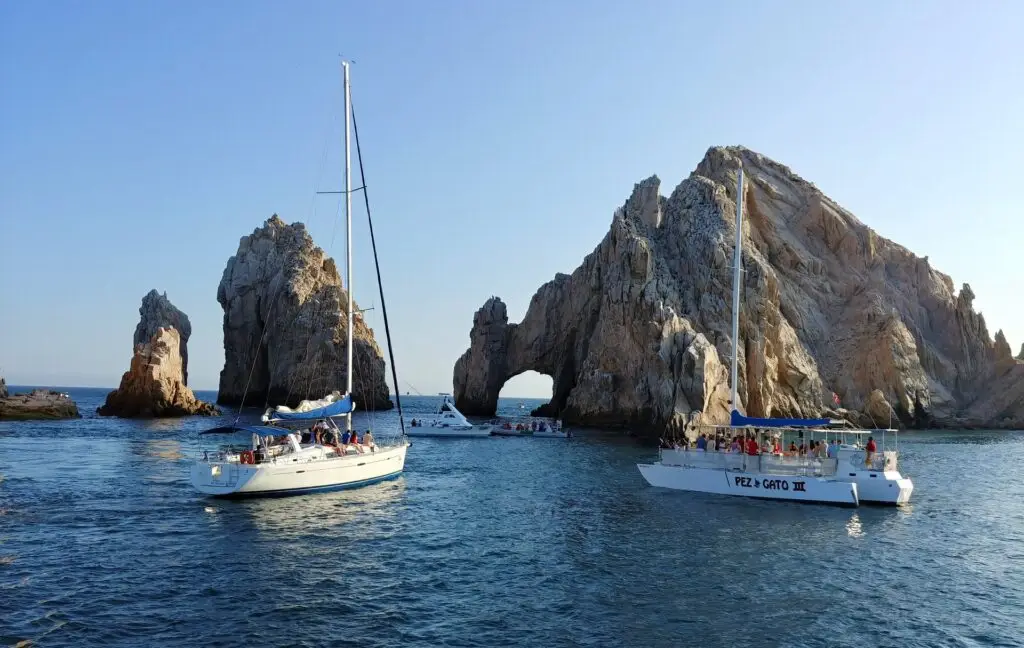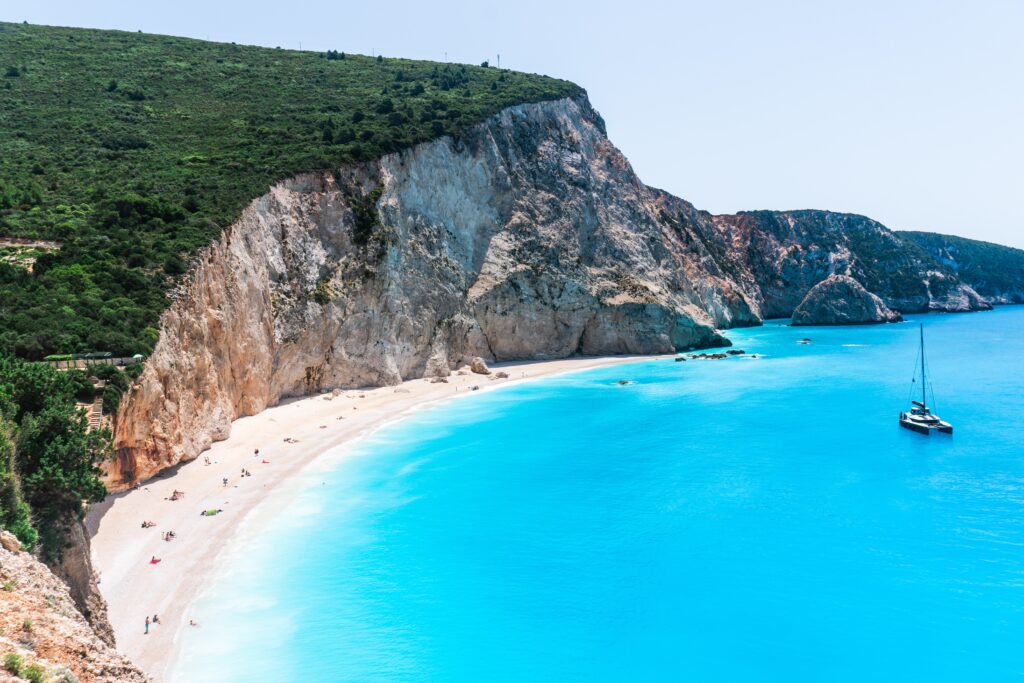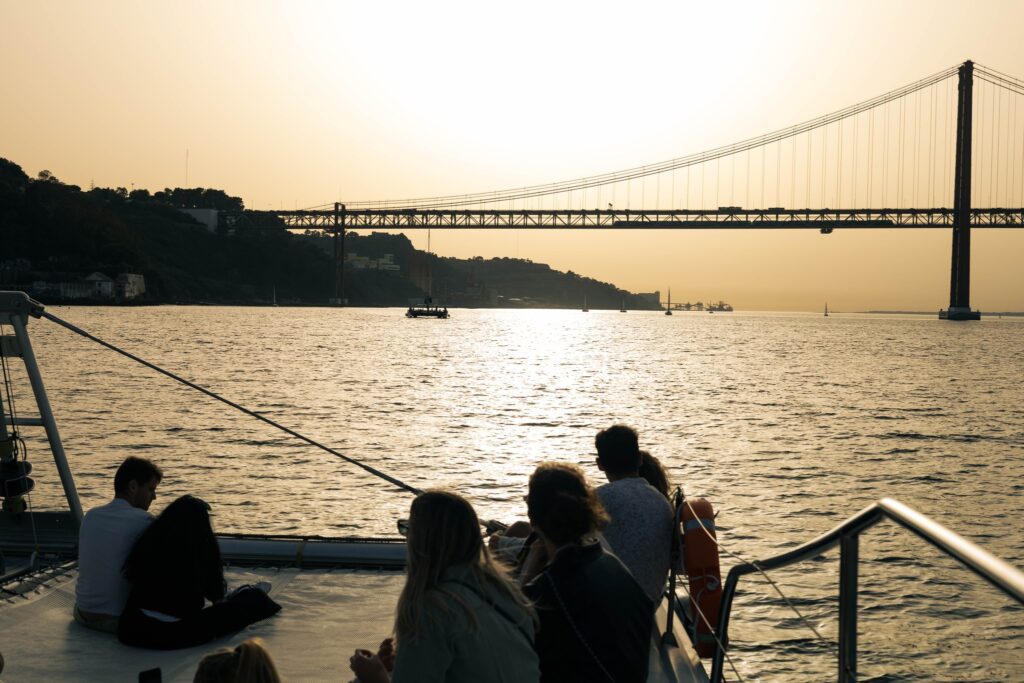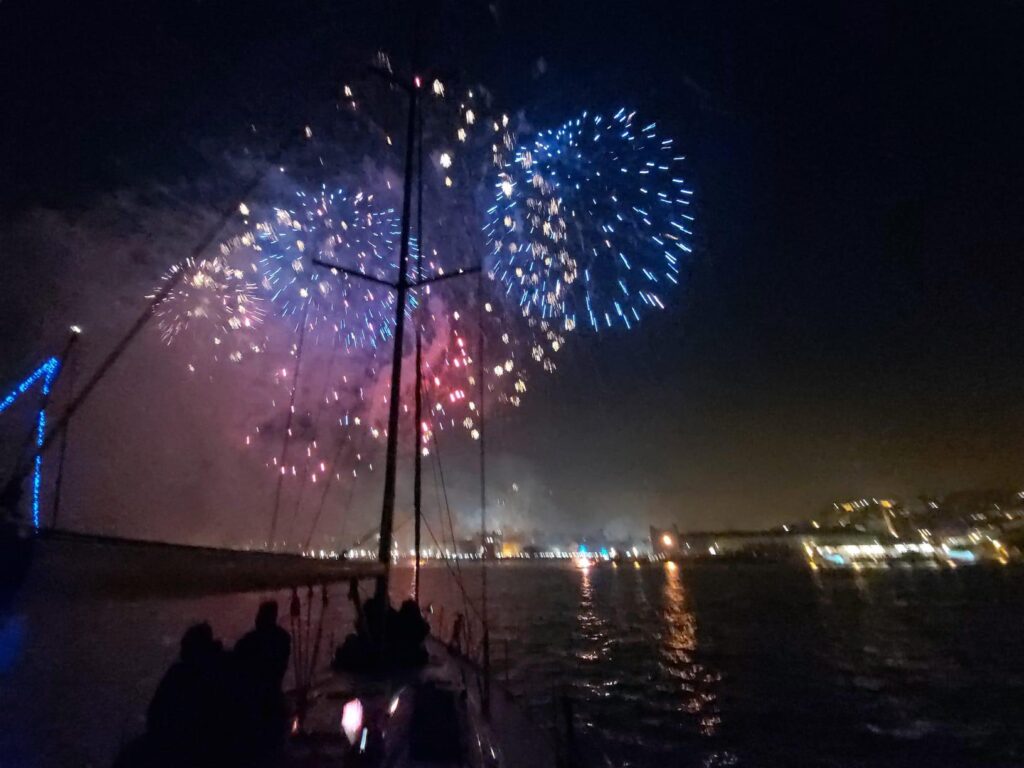Lisbon is the largest city in Portugal and the 10th most populated urban area in Europe. Not only is it large, but it is also incredibly old and full of rich culture and history. Many of the top attractions to visit in Lisbon on this list were made during a period when Portugal enjoyed a larger role on the world stage than it does today, and many were created during the country’s golden age of discovery. During this period, the countries large naval fleet was charting previously unknown routes to some of the most essential trading destinations.
Here we will look at a few places anyone visiting Lisboa should take a moment to visit. It should be noted, however, that this list is by no means exhaustive; it’s merely a few of the top attractions to visit in Lisbon.
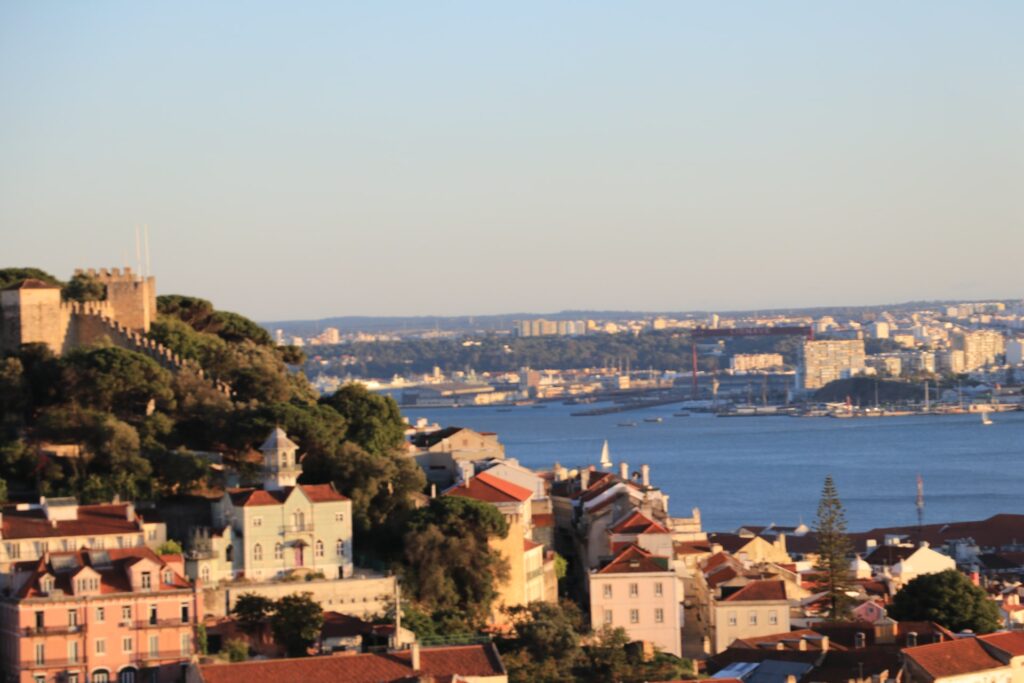
São Jorge Castle
Dating back to the 11th century, this castle was under Moorish rule when it was constructed, although the settlement had been there since the seventh century BCE. From the ramparts, visitors can expect to see breathtaking views of the surrounding landscape.
Carmo Convent
Founded in 1389, this gothic convent was destroyed in 1755 by an earthquake. “Even though the earthquake savaged the site, the museum still showcases many old relics and artifacts, even including a few pieces of pre-Colombian pottery,” writes Jan Henry, a travel writer at 1 Day 2 write e Brit Student.
Even though the site is not currently standing in its former glory, many visitors still enjoy the historical treasures it has left behind.
Sé Cathedral
Se Cathedral is built above a set of Arabic mosques and gives viewers an interesting contrast between roman and Arabic architecture. “Sé Cathedral is one of Lisbon’s most popular sites and a must-see for anyone traveling to the city,” writes James Burrard, a lifestyle blogger at Writemyx e Origin Writings.

Mosteiro dos Jerónimos
Another Lisbon castle, Mosteiro dos Jerónimos, symbolizes Portugal’s age of discovery when its navy discovered previously unknown routes to India and the middle east. The monastery is surely one of the top attractions to visit in Lisboa. It is large and vast and is quintessentially Portuguese in its architecture.
You can spot this iconic building and others of the same age, like the Belém Tower from a boat tour in the Tagus River.
The National Azulejo Museum
Azulejos, which means glazed decorative tiles in Portuguese, is something that Lisbon is known for. At the national museum, viewers can take in a collection of tiles stretching back to the renaissance and baroque periods.
Lisbon ViewPoints
Also known as “the city of seven hills,” Lisbon is known for having several scenic viewpoints throughout the city. Some of the most popular viewpoints include Senhora do Monte, Portas do Sol, São Pedro de Alcântara, and Santa Catarina.
Lisbon Oceanarium
Perhaps one of the most family-friendly attractions in Lisbon, the oceanarium is extremely well put together and is considered one of the largest in Europe. In the displays, viewers can expect to see a wide array of marine animals and fish, and it is continuously rated as one of the most popular attractions in the city.
The oceanarium also hosts several marine mammals, such as penguins and otters, where they co-exist in large rolling landscapes.

Lisbon coast
Not so much an attraction as it is an activity, many people find great pleasure in kayaking up the coast, enjoying the beautiful ocean scenery and rocky coastline. Some of the eBay places to undergo this activity include the picturesque Ribeira do Cavalo beach and the Serra da Arrábida Natural Park. The kayak tours depart from Sesimbra.
For nature lovers, the area around Setúbal and Sesimbra is surely to be considered a top attractions to visit in Lisbon. You can read more about the options to get from Lisbon to Sesimbra in this article.
Torre de Belém
Another impressive Lisbon structure, the Torre de Belem, was completed in the 16th century is considered a masterpiece of military architecture. When viewed from a distance, the tower appears as if it is floating in the water, and only upon closer inspection does one see a thin strip of land connecting the tower to the mainland.
Aside from its beauty, the tower stands as a symbol of Portugal’s rich colonial and naval history and, like a few other items on this list, is a symbol of the country’s age of discovery.
Today, the tower is a UNESCO world heritage site, gaining honor due to its cultural and historical significance.
Michael Dehoyos has long since been an avid traveler, a passion that led him to become a travel blogger and editor and PhD Kingdom e Academic Brits. When he is not on the road or writing about past adventures, he acts as a marketing consultant to many large companies, helping them develop and implement marketing strategies. He is also a writer at Next Coursework.



